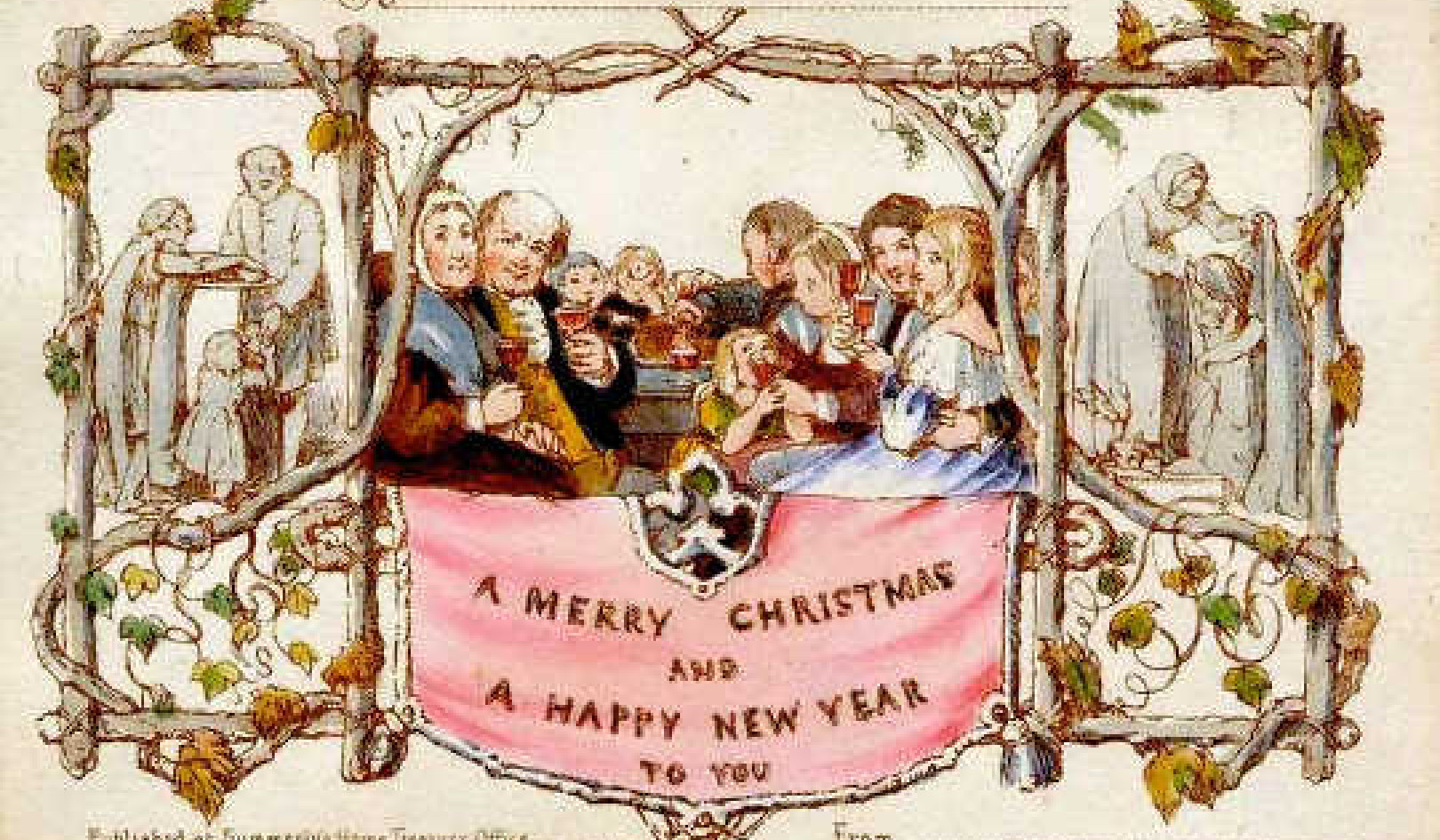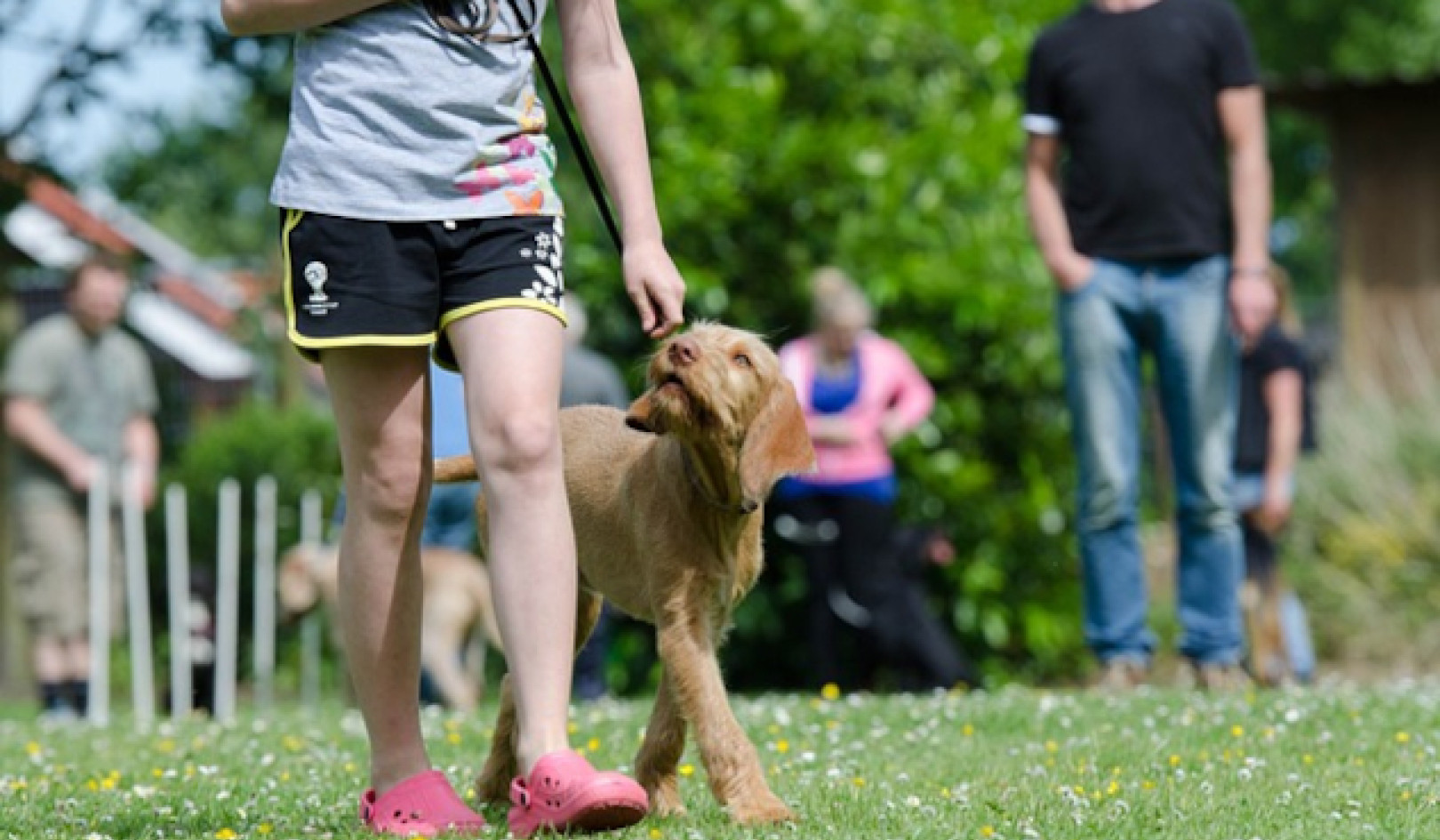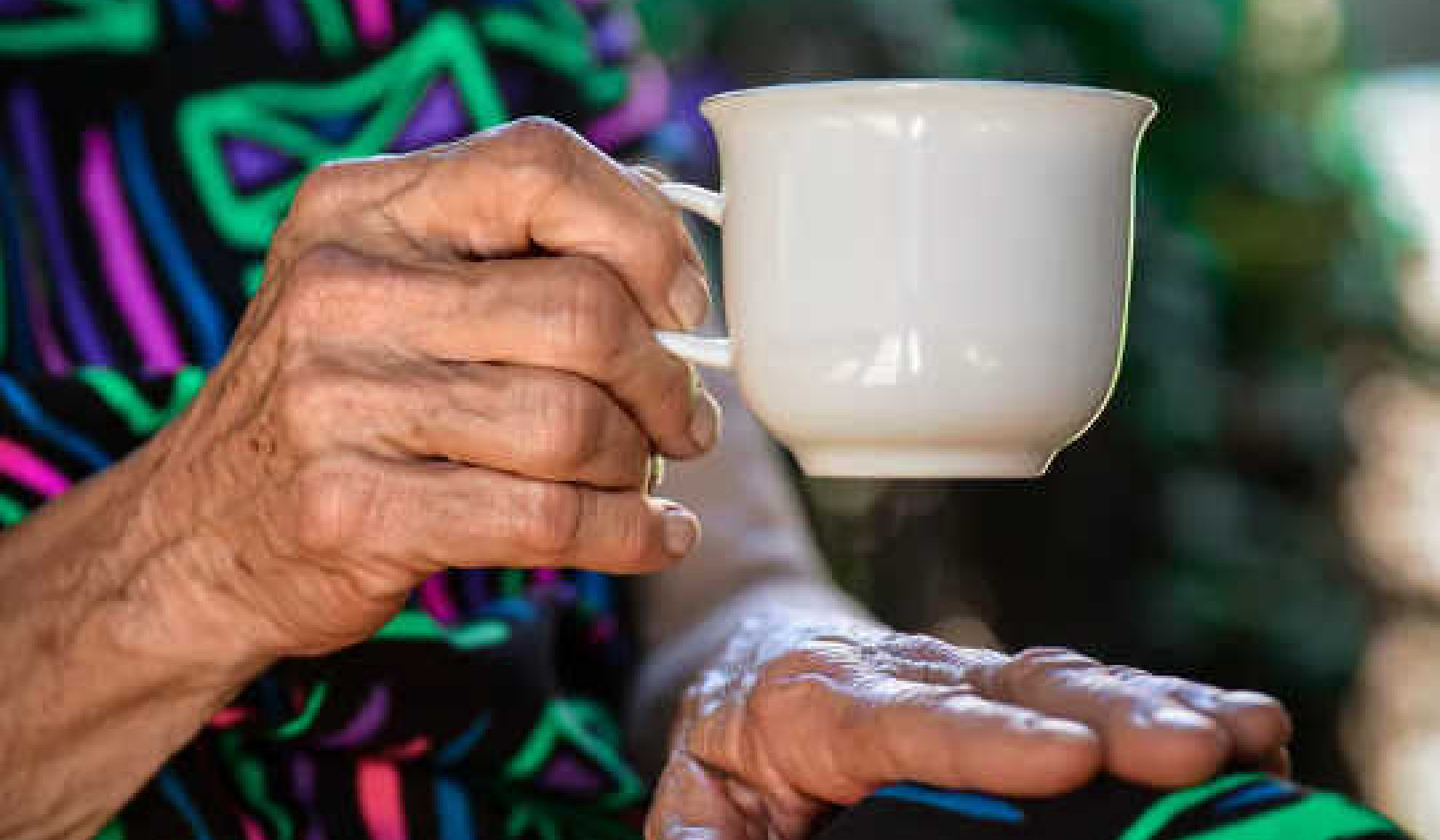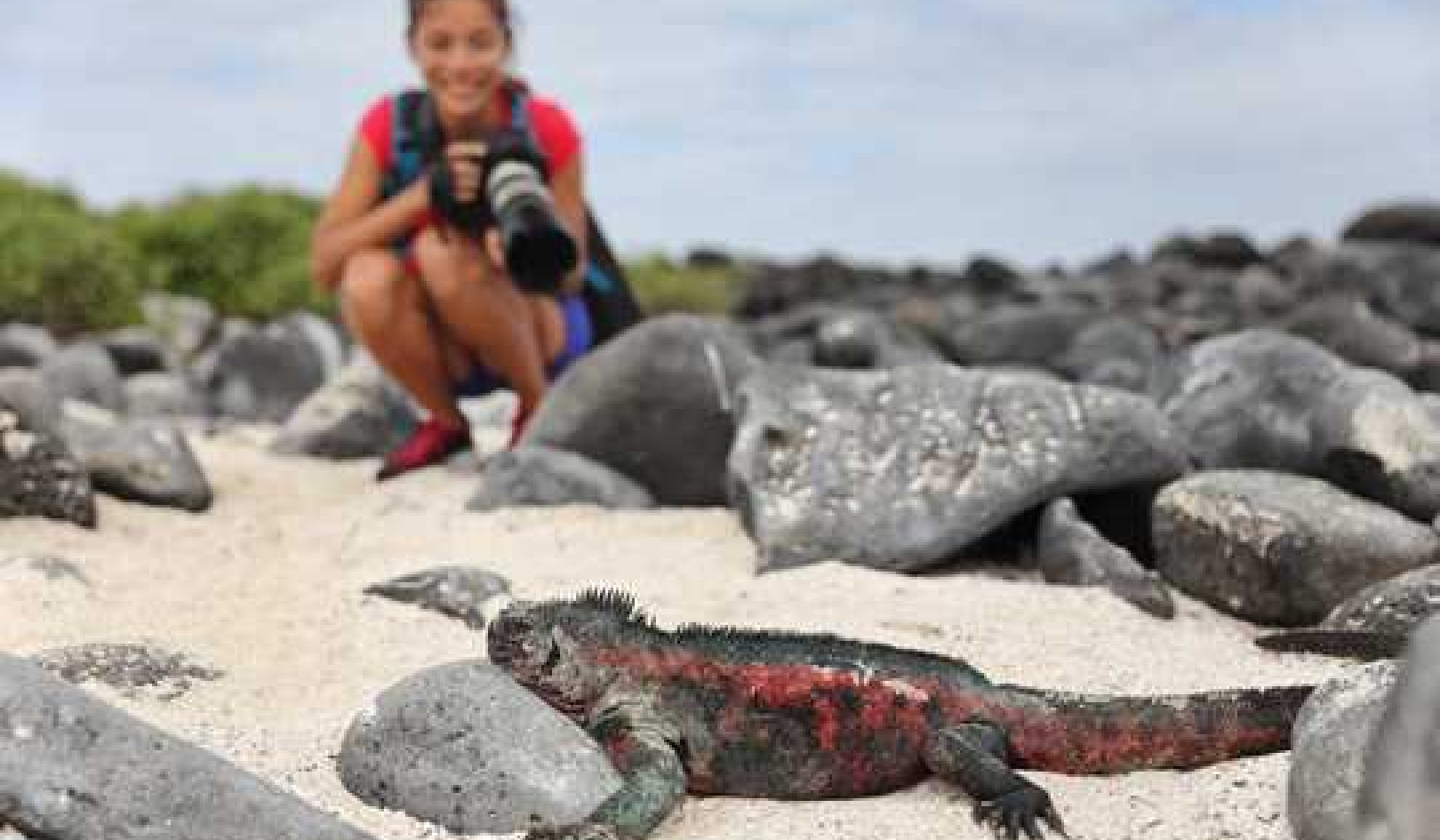 The Highland Fold cat in a cat show. (Wikipedia)
The Highland Fold cat in a cat show. (Wikipedia)
A new drug shows promise for treating heart disease in cats and humans, report researchers.
The drug, MYK-461, proved effective in a study of five cats with a naturally occurring form of inherited hypertrophic cardiomyopathy (HCM), a currently incurable disease that also affects humans. A paper describing the work appears in the journal PLOS ONE.
HCM is the most common form of feline heart disease and results in thickening of the walls of the heart ventricles and altering of heart function. Cats with the disease may suffer blood clot formation, congestive heart failure, and sudden death. In humans, HCM is a frequent cause of sudden cardiac death that can even afflict seemingly healthy young athletes.
There is no preventative therapy for HCM that is shown to change the course of disease.
HCM affects approximately one in 500 people and was recently reported to affect a startling one in seven cats. More than 1,500 genetic mutations have been associated with the disease in humans, creating challenges for researchers. However, veterinary scientists are making strides in identifying the best treatment options for the disease since the cat condition and human condition are so similar.
In the study, treatment with MYK-461 eliminated left ventricular obstruction in five cats with HCM. The novel drug is the first in its class and uniquely addresses the functional changes that are seen in human and feline HCM.
“The positive result in these five cats shows that MYK-461 is viable for use in cats as a possible option to halt or slow the progression of HCM,” says Joshua Stern, associate professor and chief of the cardiology service at the University of California, Davis veterinary hospital.
“There has been little to no progress in advancing the treatment of HCM in humans or animals for many years,” Stern says. “This study brings new hope for cats and people.”
With this proof of concept that the drug is viable for use in cats, UC Davis hopes to conduct a clinical trial in the near future, which could determine if MYK-461 has the potential to become the accepted protocol for care of cats with HCM.
Additional collaborators are from UC Davis, the University of Arizona Molecular Cardiovascular Research Program, and MyoKardia. Stern also presented the findings at the annual meeting of the American College of Veterinary Internal Medicine.
The National Institutes of Health and an unrestricted gift from MyoKardia Inc. supported the work.
Source: UC Davis
Related Books:
at InnerSelf Market and Amazon
























